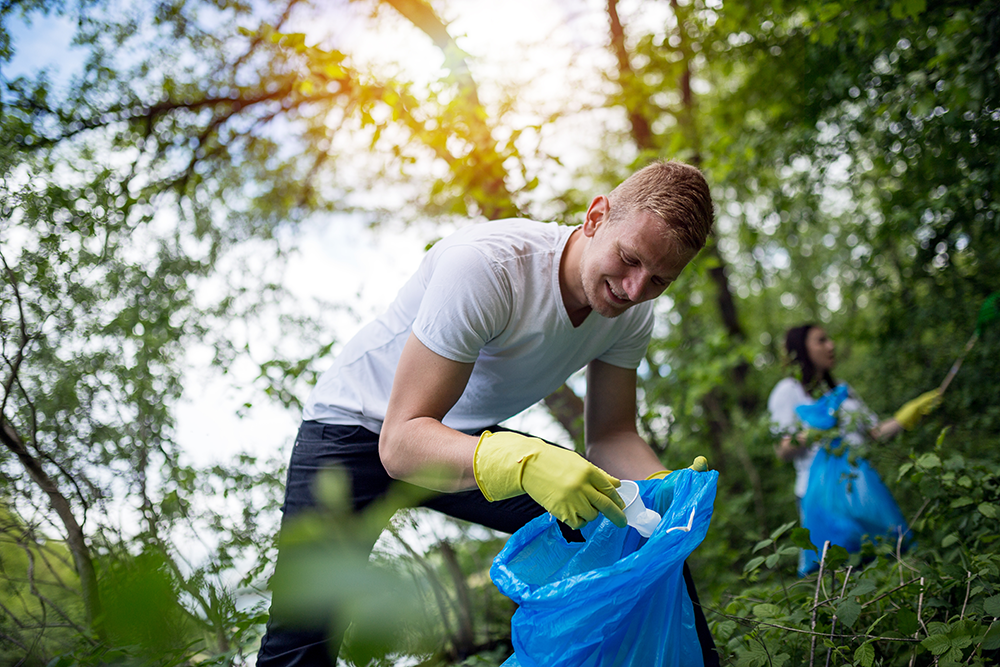Whizzing down the mountain, the wind whips against your face and gives you an exhilarating rush. The tires of your bike roll beneath you down the rickety path as you give yourself to the gravity of the mountain. When you slam the brakes to avoid an oncoming tree, your wheels skid at a 45-degree angle, […]
Category Archives: Recovery
The first day of summer is Sunday, June 20th. As more and more Americans get vaccinated, travel restrictions are being lifted. This presents the perfect opportunity to travel after so many months of social distancing. Not only is taking a break from work crucial for avoiding burnout, but also for incorporating adventure and new experiences. […]
While the notion that taking time to help others may seem to detract from the personalized nature of addiction recovery, there is a great amount to be gained through volunteering and community service, and altruism can indeed reap personal, powerful rewards. Volunteering is an act of service that can help an individual reshape their dynamics […]
The complicated addiction recovery process can feel intimidating, as an individual is faced with a number of lifestyle changes and new mental frameworks introduced on a daily basis. However, before a person can begin to establish their newfound sober lifestyle, they must first stabilize themselves in their current situation. Stabilization is something that each person […]
Engaging in a professional detox program is essential for beginning one’s journey through the recovery process. While accomplishing such a difficult phase of the recovery process is cause for celebration, it doesn’t mean that an individual is necessarily prepared for the stresses that they will encounter outside of the recovery sphere. While some may want […]
Recovery is a long and difficult process with any number of personal hurdles throughout, and while the resulting change can be profound and define the person, there are also ways that an individual may inhibit their recovery process. Self-sabotaging behavior is common throughout the recovery process, whether due to uncertainty regarding the future of change, […]
Family plays an integral role throughout many aspects of each individual’s life. However, the idea of a “family” can mean many things, with each individual having their own understanding of the word. Finding one’s supportive and empathetic family throughout the recovery process can be crucial in establishing effective support systems and creating an atmosphere of […]
Trauma impacts an individual in many unique ways, any of which can make it difficult to cope with daily events. Those suffering from traumatic experiences can find their thoughts invaded by unwanted and harrowing images, and even a good night’s sleep can feel like a distant impossibility. However, before an individual can begin to tackle […]
If you could picture your emotion as a landscape, what would you draw? Where would you be? If you could place yourself in the image, where would you place yourself? Mapping out your feelings can be a helpful exercise to sit with discomfort and embrace the message your emotion is trying to send. This is an […]
In childhood, we form different attachment styles in our relationships with people. There are three categories of attachment styles under Child Developmental Psychologist John Bowlby. These include secure attachment, avoidant attachment, and resistant attachment (also known as an anxious or ambivalent attachment). Most people are securely attached, and a small minority of people are resistantly […]







